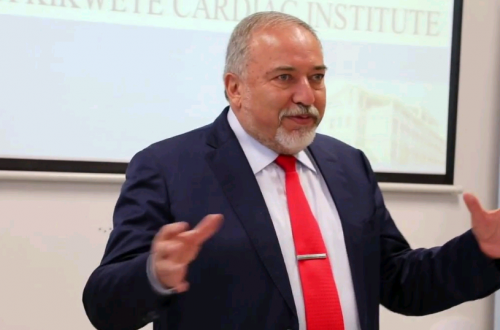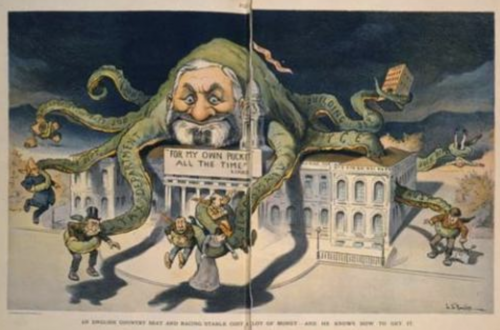Crispin Black, in The Week, asks a question we’ve pondered here before:
Indeed, the very concept of treason – “doing a rubbish on your country and countrymen” – seems to be out of fashion.
How else can one explain the almost affectionate press coverage of comments made to the Russian state newspaper Rossiyskaya Gazeta by the MI6 traitor and fugitive-from-justice George Blake in the run-up to his 90th birthday?
“These are the happiest years of my life and the most peaceful,” he crows from his dacha outside Moscow, more comfortable than most of his fellow citizens on his pension as a ‘Colonel’ in the KGB.
Let’s be crystal clear about Blake and his treason.
First, in the early 1950s he handed over the names of hundreds of western agents in East Germany to the KGB. Many of them had opposed Hitler as well.
MI6 reckoned that at least 42 of them were executed – hence Lord Chief Justice Parker’s 42-year sentence for Blake at his 1961 Old Bailey trial, the longest ever handed down in an English court. Parker had been horrified by the extent and insouciance of Blake’s treachery.
Unfortunately, Blake served only five years, managing to escape from Wormwood Scrubs with the assistance, appropriately, of a convicted IRA bomber.
His other great betrayal took place on the top deck of a London double-decker bus in 1954. At a meeting with his controller, Blake handed over the plans for Operation Gold – a brilliant allied sting to build a tunnel into East Berlin and tap telephone lines at the Russian military and intelligence headquarters in Karlshorst, the suburban complex where Marshal Zhukov had received the German surrender in 1945.
Building the tunnel risked allied lives. And with half a million soldiers and thousands of tanks in GSFG (Group Soviet Forces Germany) – a day’s march away from the Rhine – intelligence on Soviet intentions was vital to the security of the free world. But Blake didn’t care.
A British subject by birth, he was brought up in the Middle East and the Netherlands where he found himself trapped in 1940, a dangerous situation for him given his Jewish ancestry. After escaping to England one jump ahead of the Gestapo he joined the Special Operations Executive and was involved in training Dutch agents and translating documents.
After the war he was recruited by MI6 and posted to Korea where he was captured at the fall of Seoul and imprisoned by the North Koreans. He maintains to this day that he was treated kindly and found time to study the immortal works of Karl Marx. Weirdly, he formed a fondness for the North Korean regime – then as now the most brutal on earth – and decided to become a Communist.
Blake seems to have had no affection for or loyalty to Great Britain even though we saved his life during the Second World War. His British nationality seems to have been no more than a flag of convenience – useful for saving himself from the Holocaust but imposing no obligations in return whatsoever.
In his curious moral universe the Gestapo were bad, the British were bad, but any Communist secret police were the instruments of justice and equality. The killing of millions of people because of their race was an abomination, never to be repeated. But the killing of millions of people because of their class or background or political allegiance was something to be applauded and allowed. Blake believed Soviet Man was “a higher form of humanity”.
Blake should be regarded as a cold-blooded serial killer, nothing more. He was a brutal, self-righteous commissar who enjoyed murdering the enemies of the revolution, supposedly to create a heaven on earth, but more likely to exorcise some inner resentment.
Blake makes some comments about the much-praised Communist historian, Eric Hobsbawm. He makes the following observation:
If Blake or Hobsbawm had been Nazis we would rightly have hounded them to the bitter end. The old age of such men has never wearied efforts to bring them to justice.
He’s right, isn’t he?


